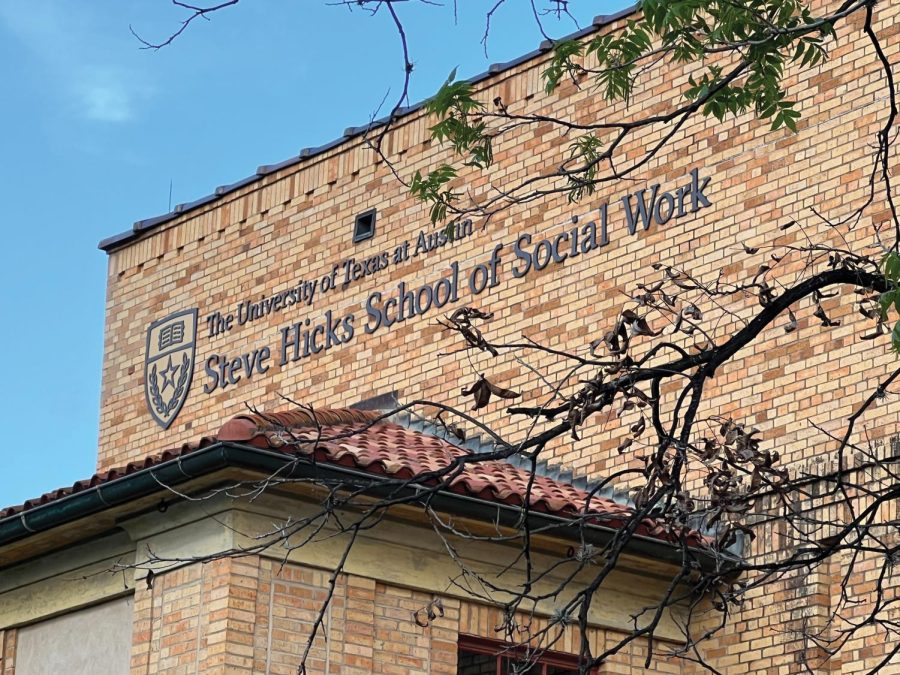Addiction Research Institute, CLEAN Cause Foundation awarded $1 million grant to improve recovery housing
April 11, 2023
The Addiction Research Institute at the Steve Hicks School of Social Work partnered with the CLEAN Cause Foundation to improve the sustainability and financial models of recovery housing. The FIRST Fund, managed by the Austin Community Foundation, awarded the partnership a $1 million grant for the project in March.
The CLEAN Cause Foundation is a charitable organization that reinvests funds generated through CLEAN Cause, Inc. — a sparkling yerba mate energy drink company — into recovery housing scholarships.
“Partnering with the CLEAN Cause Foundation on this work is a natural fit for us,” Kasey Claborn, director of the Addiction Research Institute, said in a recent press release. “Together, we will be able to bring our expertise to develop an innovative solution to change the landscape of recovery housing and make it more accessible.”
Recovery housing, also known as sober living homes and halfway houses, are safe and supportive living environments where individuals in recovery from substance use disorders can live and build peer relationships with others on similar substance recovery journeys, according to the press release.
“The disease of addiction is a chronic illness,” said Julie McElrath, the partnership’s co-principal investigator and president of the CLEAN Cause Foundation. “Similar to diabetes (and) hypertension, it is something that people live with and can live healthy lives with. Recovery housing is an important step in that process.”
Recovery housing costs are not covered by private or public health insurance, creating a barrier for individuals in recovery who are underinsured or unable to afford reliable housing.
McElrath said this project aims to address this gap by creating innovative funding models for recovery houses to use and generating empirical evidence surrounding recovery housing. These models can then be used to advocate for policy initiatives on insurance eligibility.
“Insurance coverage ineligibility is a gap,” said Fiona Conway, co-principal investigator and associate director of the Addiction Research Institute. “We want to come up with models for recovery houses to fill that gap. When we look at this project, it’s research not just for research’s sake but to truly make a difference in the lives of individuals, families and communities who are impacted by substance use disorders.”
Conway said that with the funding, the Addiction Research Institute will consolidate a group of experts across the University of Texas System in business, health economy, psychology and more. This group will develop funding models and then disseminate their research in a series of publications at the conclusion of the project, she said.
“The reason that we wanted to partner with the University of Texas is while we have the data, the University of Texas has the research muscle,” McElrath said. “They’ve got the scientists and researchers at the Addiction Research Institute to take our data and help us look at how to approach systems change as it relates to recovery housing.”
While the project is set to be a three-year initiative, only the first two years are currently funded. McElrath says the project will seek funding for the third year in the future.
“I believe we are well positioned to really inform system changes in the recovery home space,” McElrath said. “That feels critical. It feels exciting; it feels inspiring. With (this) partnership, I believe there’s opportunities to make real change.”



